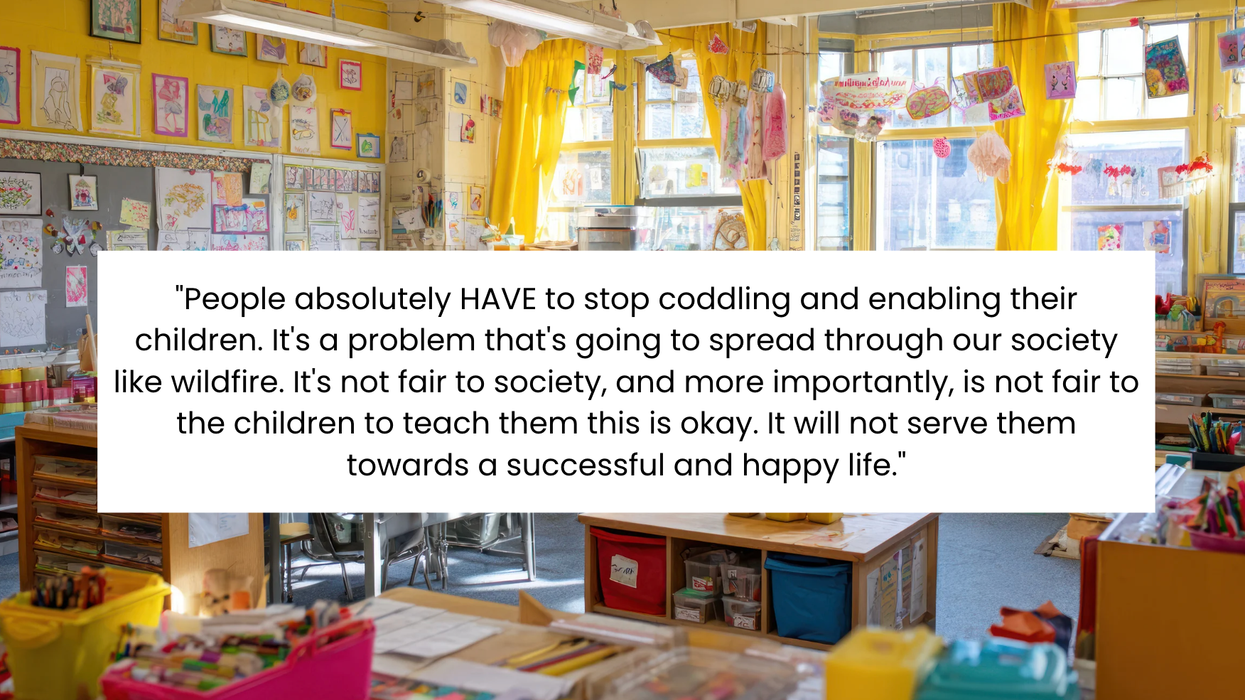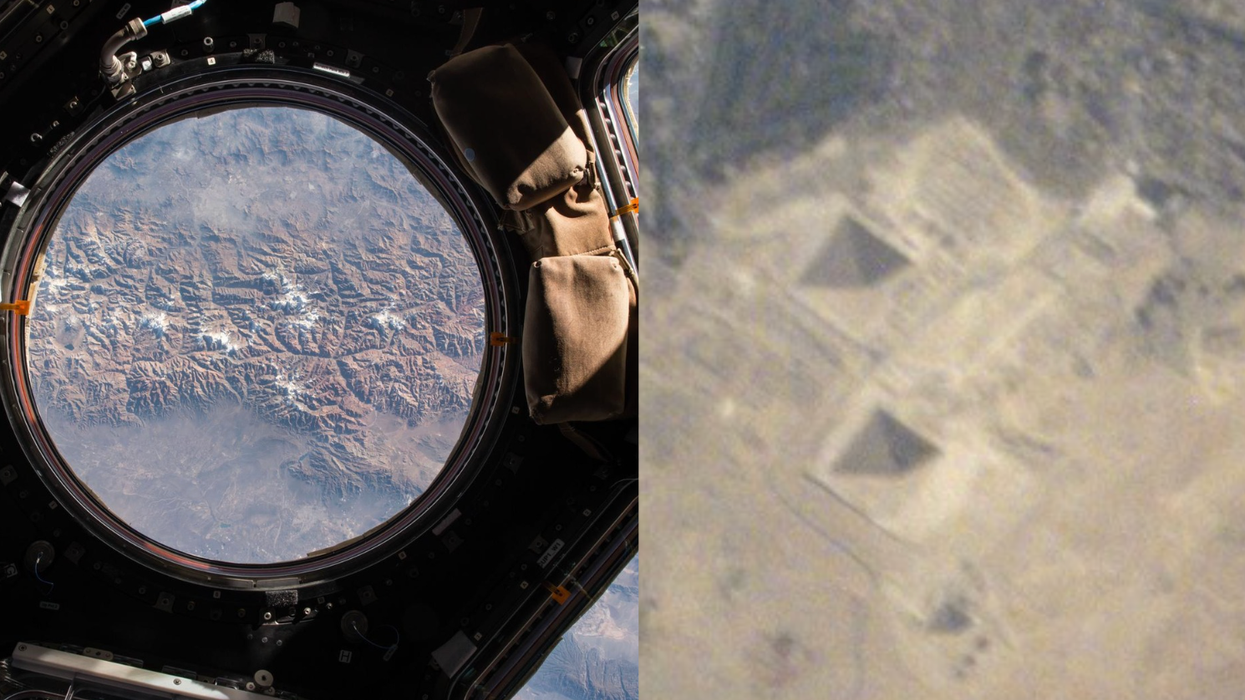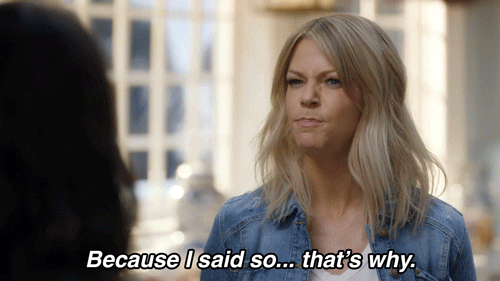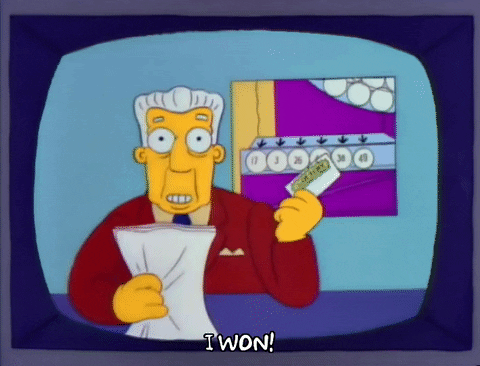The Oakland Raiders have settled a class action lawsuit brought by the team’s cheerleaders, alleging a litany of unfair pay practices, ending a three-year legal battle that served as the catalyst for similar action against other NFL teams.
The complaint claimed that the Raiders paid the cheerleaders less than minimum wage, denied legitimate entitlements to overtime pay, and failed to reimburse them for necessary business expenses.
The proposed settlement was reached in the fall of 2014, but trailing legal issues and disagreements kept the money from being distributed to the cheerleaders until this week. Speaking to the San Francisco Chronicle (via Deadspin), an attorney for one of the cheerleaders saw the victory as largely symbolic, since retroactively having one’s wages increased to minimum wage three years after the fact can hardly be considered a windfall.
The response by advocacy groups is a resounding, “What the hell took so long?”
The suit, which has served as the framework for several other lawsuits against NFL teams with similar practices, claimed that the cheerleaders were paid just $125 per game with a lengthy and diverse roster of fines that the cheerleaders were subject to should they wear the wrong nail polish or show up minutes late. The complaint also alleged that the cheerleaders’ game day efforts, for which they were paid the $125, were nine-hour affairs with no breaks or meals.
The shockingly strict and unjust working conditions made in the complaint can be seen here:
Further, payment for all games was deferred until the end of the season.
The Los Angeles Times estimates that the lawsuit will adjust their compensation from the $1,250 they were paid annually to $3,200—without taking into account the lawyers’ fees and retroactive income tax.

















 Gif of Kaitlin Olson saying "Because I said so ... that's why" via
Gif of Kaitlin Olson saying "Because I said so ... that's why" via 

 Screen shot of an underground tunnel
Screen shot of an underground tunnel A fenced off area around the church's ruins
A fenced off area around the church's ruins
 A hand holds several lottery ticketsCanva
A hand holds several lottery ticketsCanva "Simpsons" gif of newscaster winning the lotto via
"Simpsons" gif of newscaster winning the lotto via 

 Kids on their computers.Photo credit:
Kids on their computers.Photo credit:  Young girl holds a drone.Photo credit
Young girl holds a drone.Photo credit  Playing with bubbles.Photo credit:
Playing with bubbles.Photo credit:  Friends on the computer.Photo credit:
Friends on the computer.Photo credit: 